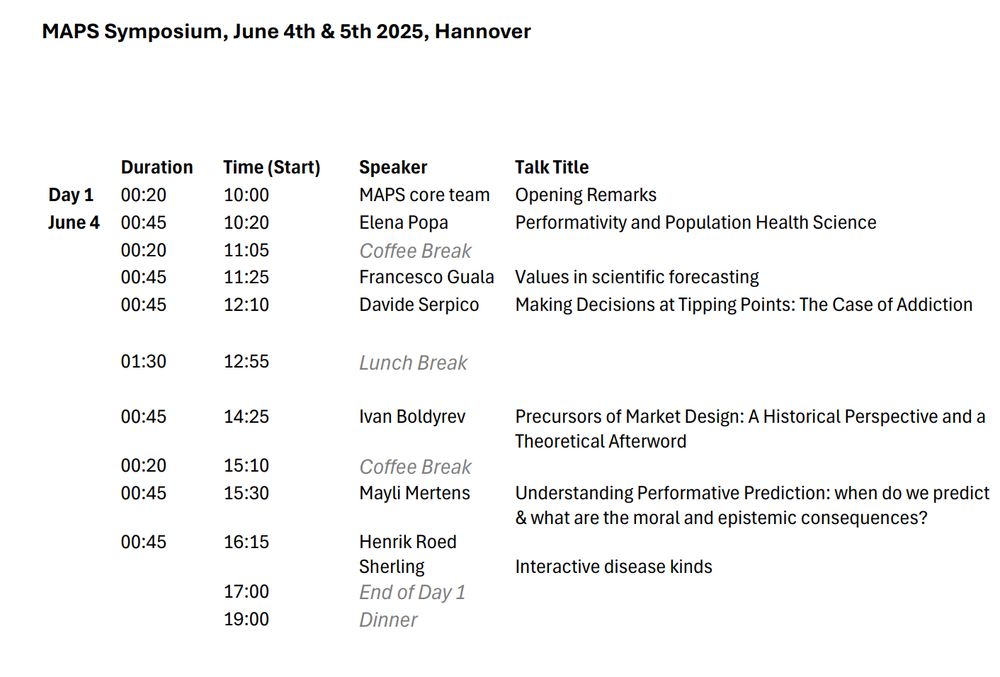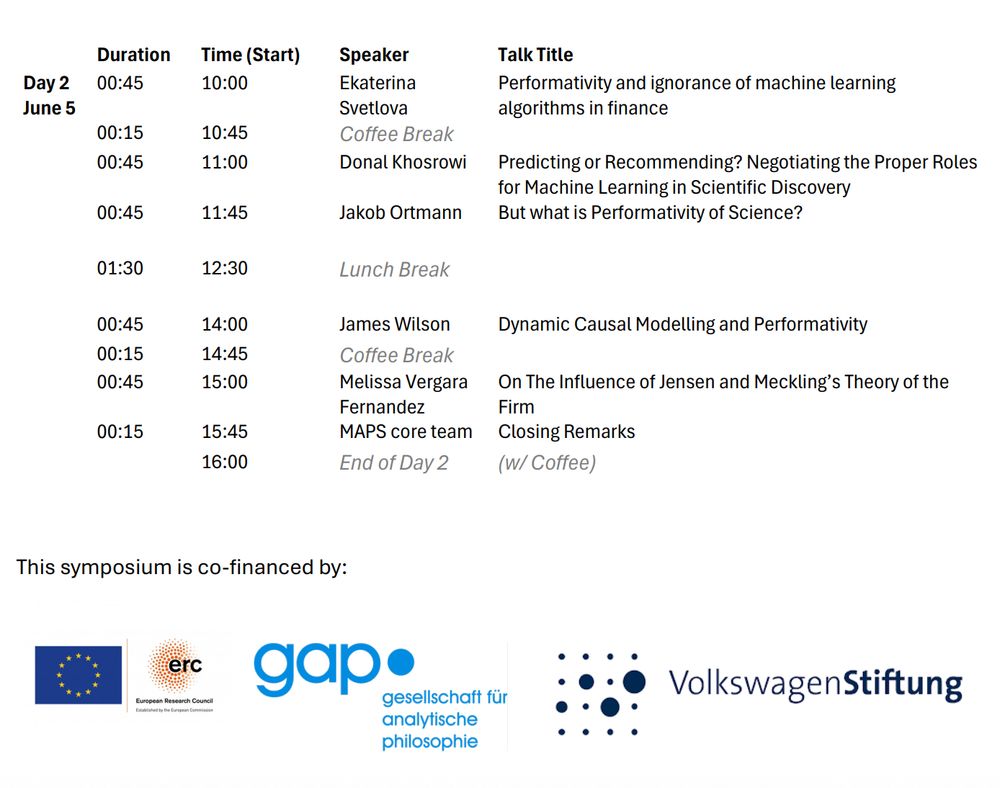Jakob Ortmann
@jakobortmann.bsky.social
160 followers
240 following
25 posts
Philosophy of Science, Evidence Based Policy, Philosophy of Social Sciences @Hannover. Doctoral research fellow at @mapsproject.bsky.social
jakobortmann.com
Posts
Media
Videos
Starter Packs
Jakob Ortmann
@jakobortmann.bsky.social
· Jun 25
Jakob Ortmann
@jakobortmann.bsky.social
· Jun 25
Jakob Ortmann
@jakobortmann.bsky.social
· Jun 25
Jakob Ortmann
@jakobortmann.bsky.social
· May 27
Reposted by Jakob Ortmann
Jakob Ortmann
@jakobortmann.bsky.social
· Apr 17
MAPS Project
@mapsproject.bsky.social
· Apr 15

Performative paternalism - European Journal for Philosophy of Science
Performativity of science refers to the phenomenon that the dissemination of scientific conceptualisations can sometimes affect their target systems or referents. A widely held view in the literature ...
link.springer.com
Jakob Ortmann
@jakobortmann.bsky.social
· Apr 15
Jakob Ortmann
@jakobortmann.bsky.social
· Apr 15
Jakob Ortmann
@jakobortmann.bsky.social
· Jan 22
Jakob Ortmann
@jakobortmann.bsky.social
· Jan 20
Jakob Ortmann
@jakobortmann.bsky.social
· Jan 20
Reposted by Jakob Ortmann
Jakob Ortmann
@jakobortmann.bsky.social
· Nov 25
Jakob Ortmann
@jakobortmann.bsky.social
· Nov 18
Jakob Ortmann
@jakobortmann.bsky.social
· Nov 18
Jakob Ortmann
@jakobortmann.bsky.social
· Nov 18
Jakob Ortmann
@jakobortmann.bsky.social
· Nov 18
Jakob Ortmann
@jakobortmann.bsky.social
· Nov 18
Jakob Ortmann
@jakobortmann.bsky.social
· Nov 18
Jakob Ortmann
@jakobortmann.bsky.social
· Nov 18
Jakob Ortmann
@jakobortmann.bsky.social
· Nov 18



